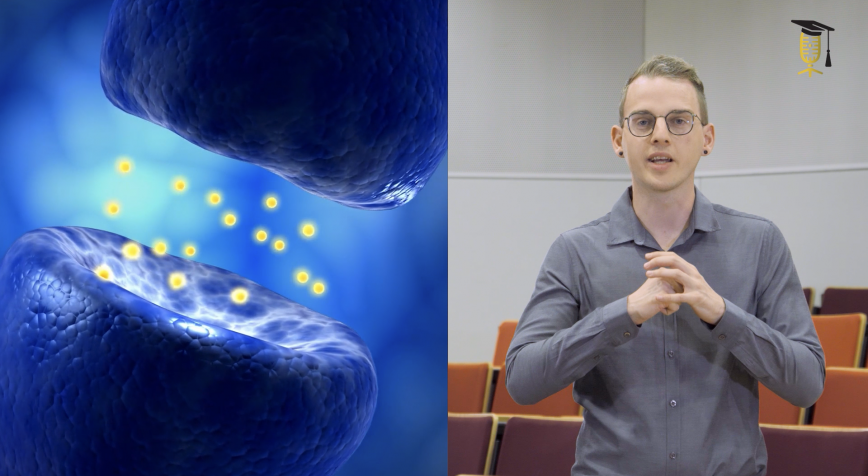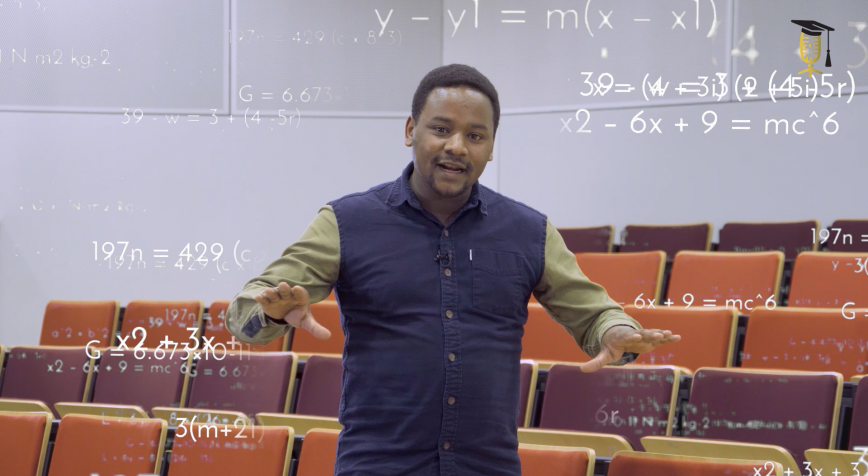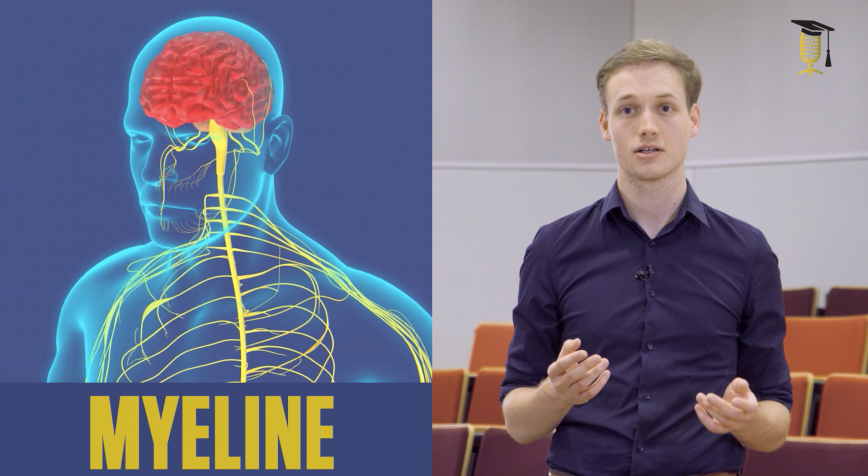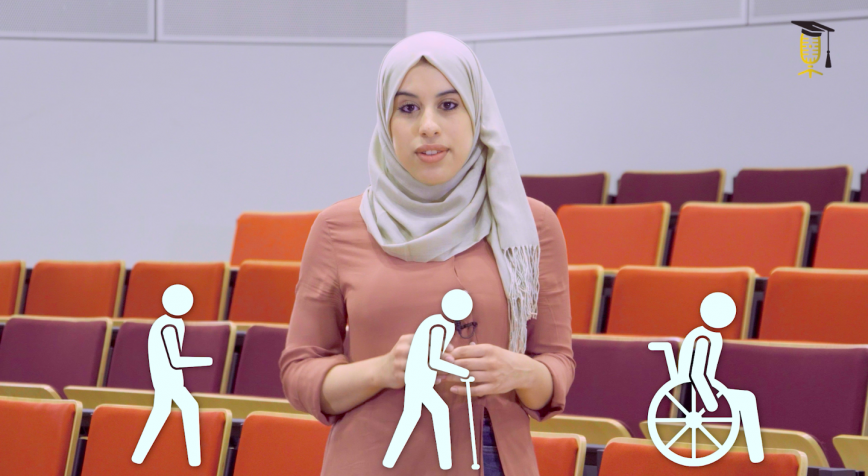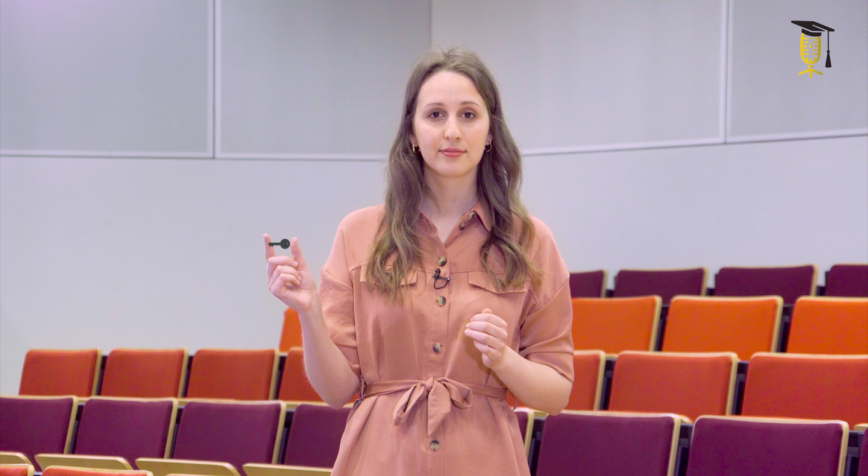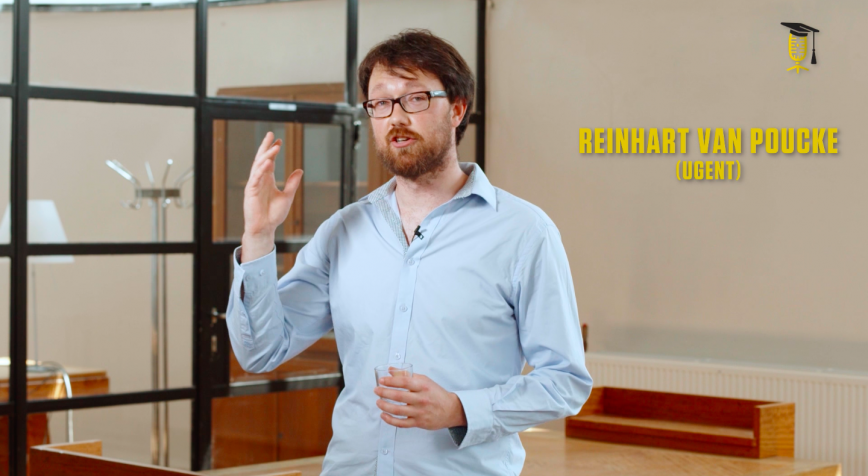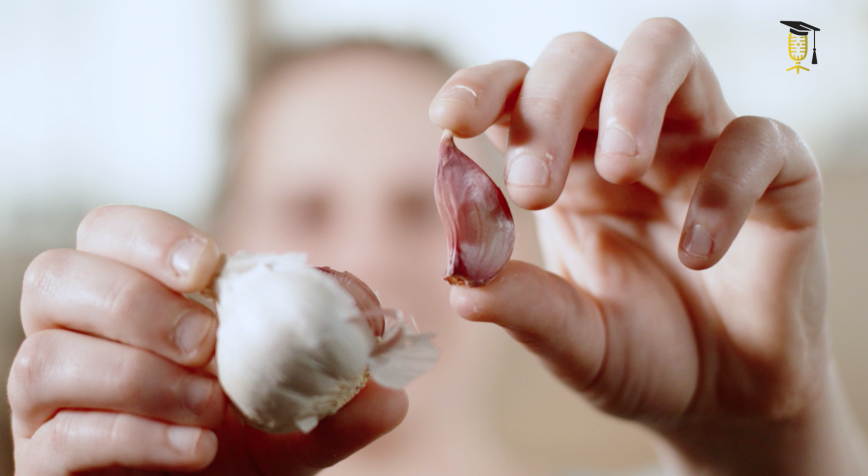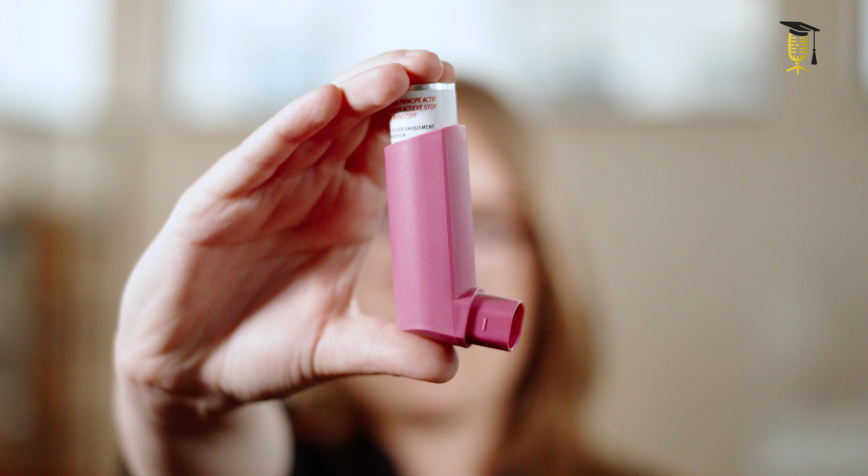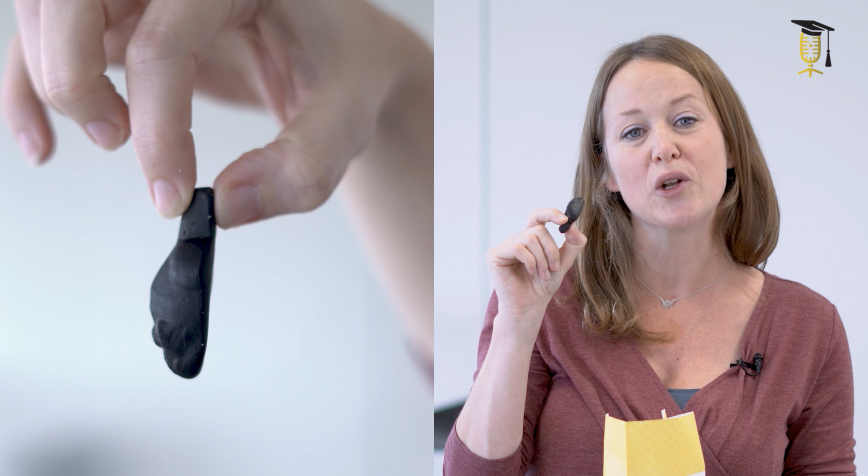
UGent
VIB
Wound healing by liquorice?
Lots of people dislike these black sweets. But did you know that liquorice candy might well contain an ingredient to help cure wounds? Esther Hoste investigates whether an active compound found in the root of the liquorice plant can heal diabetic wounds 👉 🎥
